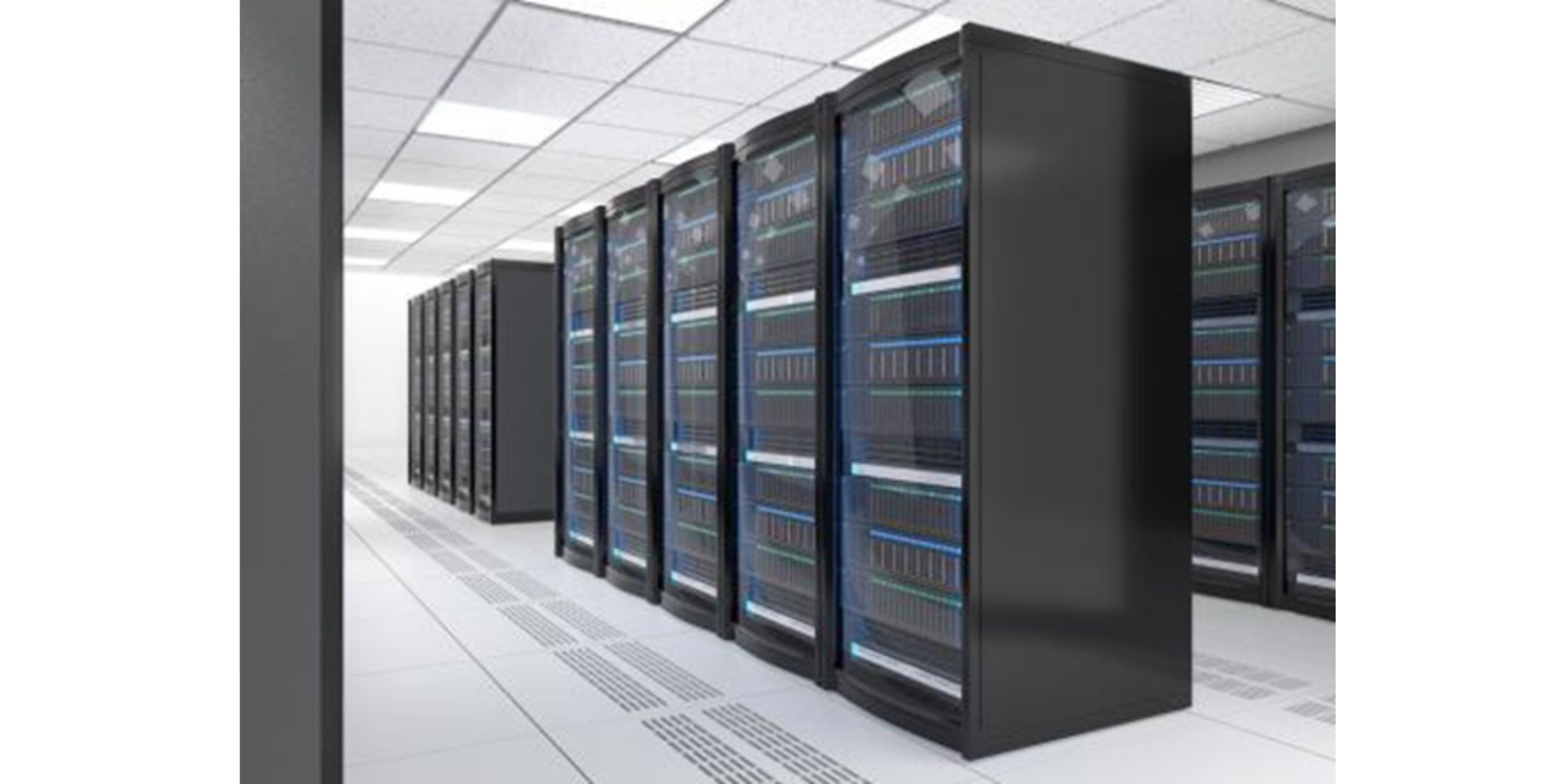The European Commission has published a report on the initial three-year phase of the Quantum Technologies Flagship.
This report reviews the successful results and concrete achievements of the Flagship’s quantum research projects and takes stock of key lessons learned, as the Flagship’s next phase gets underway.
During its ramp-up phase (2018-2022), the Flagship supported 24 projects in quantum communication, quantum computation, quantum simulation, and quantum sensing and metrology (the four main domains of quantum research) and in basic quantum science. In funding both the Flagship and QuantERA, which supports quantum research across 31 European countries, the EU funded European quantum research with over EUR 175 million since 2016.
All of these achievements (and many more besides) are the result of the collaborative efforts of the 1,654 scientists and 236 organisations participating in the Flagship, who have published 1,313 scientific papers (with a further 223 under review). This shows clearly that the Flagship projects have collectively made their mark in the scientific world.
The ramp-up phase also saw significant steps being made towards the Flagship’s main aim of bringing quantum research from the laboratory to commercial applications. 25 start-up companies have been founded and 105 patents have been filed, with 64 of those already granted.
Selected key achievements in the Flagship’s areas of focus covered in the report include:
- quantum computing: quantum computer systems of globally competitive performance: Forschungszentrum Jülich (Germany) aims to provide access to a 100-qubit quantum computer building on one project’s results, and another project realised a first-of-its-kind 50-qubit trapped ion system that requires no more energy than boiling a kettle; start-ups include AQT (Austria) and PASQAL (France), both of which are already offering commercial quantum computing solutions.
- quantum communication: connection of two quantum processors through an intermediate node and establishing shared entanglement between multiple stand-alone quantum processors, forming a quantum network; publication of a roadmap for the EuroQCI, deployment of testbeds for quantum key distribution (QKD), the first service to be provided by the EuroQCI; and certification-ready devices such as quantum random number generators.
- quantum simulation: in a world first, practical quantum advantage has been reached in certain scientific problems involving the study of new materials and phases of matter; two 100-qubit analogue quantum simulators are being installed in the supercomputing and data centres at Forschungszentrum Jülich and GENCI (France), the first step in the deployment of a pan-European hybrid high performance computing and quantum simulation infrastructure.
- quantum sensing: development of some of the world’s most advanced quantum sensors using ultrapure diamonds; demonstration of hyperpolarized MRI, which could lead to up to 100,000 times more accurate medical scans, allowing for the detection of metabolic processes at the molecular level in real time; in November 2022 the start-up Nvision won the Commission’s Innovation Radar Prize for its advances in medical imaging
- basic quantum science: making significant advances towards the development of several alternative computing platforms, including photonics-based quantum computing.
Looking to the future, the Flagship will be key to achieving the goals set out in the Commission Communication “2030 Digital Compass: the European way for the Digital Decade”: by 2025, the EU should have its first computer with quantum acceleration, paving the way for being at the cutting edge of quantum capabilities by 2030. The first of these goals is already in sight: in October 2022 the six sites that will host Europe’s first quantum computers, to be integrated into the supercomputers of the European High Performance Computing Joint Undertaking, were announced.
Next Steps
Under Horizon Europe, the Commission will continue to support the Flagship in the period 2021-2027 with funding of at least EUR 500 million. An update of its Strategic Research and Industry Agenda (SRIA) has already been published, with enhanced targets for each of the initiative’s four key pillars and a roadmap towards making them a reality. A number of new projects are already underway, with the aim of working towards these targets – for instance, maturing the quantum computing and simulation platforms developed in the Flagship’s first three years of activity as they work towards achieving practical quantum advantage for real-world problems. Projects are also laying the foundations for a pan-European quantum communication network that will be crucial to the development of the EuroQCI, a secure quantum communication infrastructure that will span the whole EU.
The updated SRIA also includes a focus on future industrial development and on strengthening links with other EU initiatives that cover quantum technologies: namely, the EuroQCI, the European High Performance Computing Joint Undertaking (EuroHPC JU) – which is already acquiring its first quantum computers – and the European Chips Act. This will ensure that the innovative applications developed on the basis of the Flagship’s research will form the basis of a European quantum ecosystem and help Europe to maintain its leading position in this globally competitive field.
Background – Quantum Technologies
The EU-funded Quantum Technologies Flagship is a 10-year, EUR 1 billion, collaborative, long-term research and innovation initiative that was launched in 2018. Its mission is to consolidate European scientific leadership and research excellence in quantum technologies, to transform the fruits of this excellence into products and applications that will have a major economic and societal impact, and to position Europe as a leader in the industrial landscape by aligning public funding priorities at EU, national and regional levels. The Flagship is mobilising the whole quantum research community in Europe to implement its Strategic Research Agenda.
Source: European Commission I Digital (https://bit.ly/3DLrHq1)
